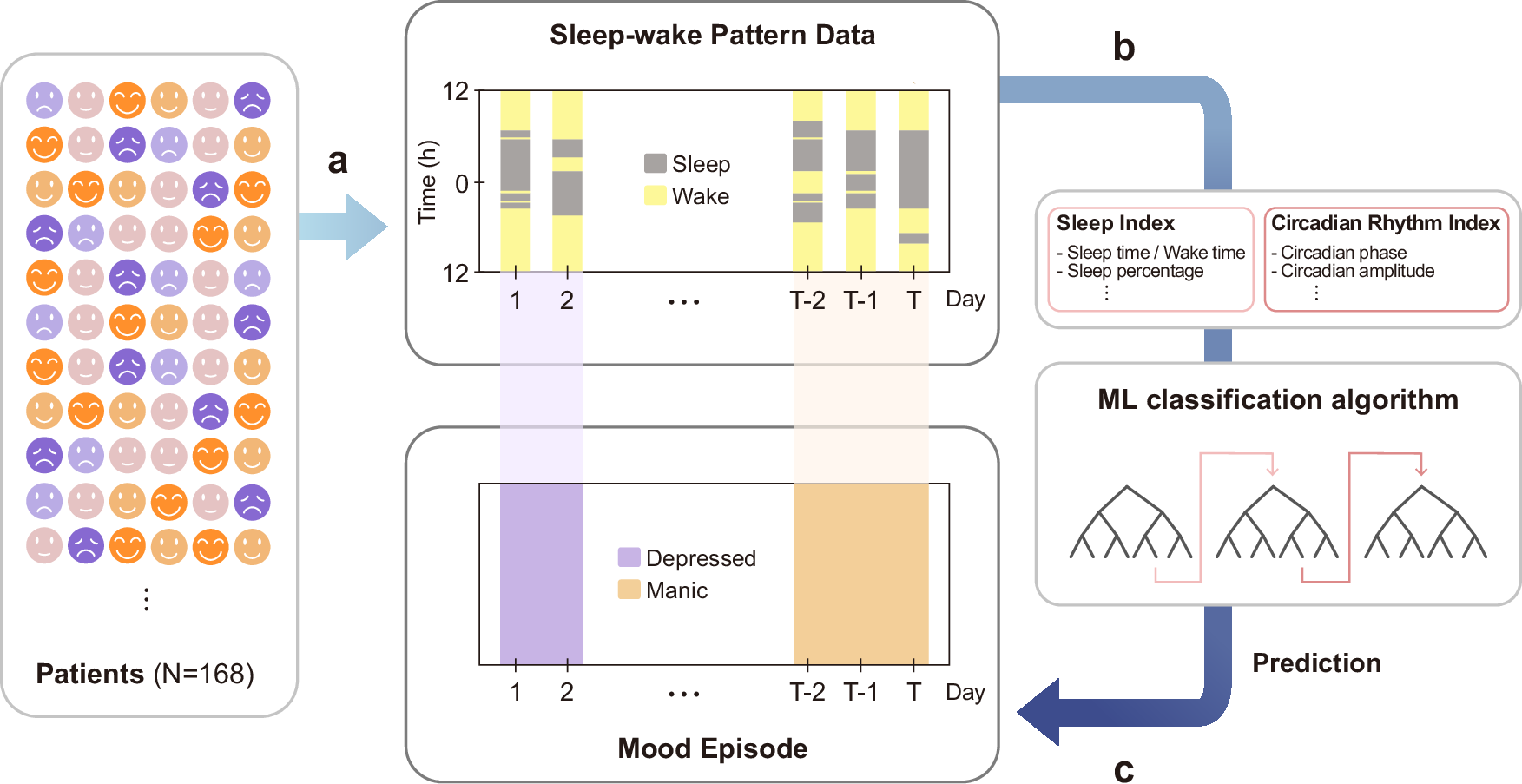2024-11-19 カロリンスカ研究所(KI)

Photo: Getty Images
<関連情報>
- https://news.ki.se/cardiovascular-drugs-may-reduce-dementia-risk
- https://alz-journals.onlinelibrary.wiley.com/doi/10.1002/alz.14389
一般的な心血管疾患治療薬の使用と認知症リスク: スウェーデンの全国登録データを用いた症例対照研究 Use of common cardiovascular disease drugs and risk of dementia: A case–control study in Swedish national register data
Mozhu Ding, Alexandra M. Wennberg, Gunnar Engström, Karin Modig
Alzheimer’s & Dementia Published: 18 November 2024
DOI:https://doi.org/10.1002/alz.14389
Abstract
INTRODUCTION
Cardiovascular drug use may help prevent dementia; however, current evidence is mixed. Using a case–control design, we investigated the association between duration and combination of multiple cardiovascular drug classes and incident dementia.
METHODS
From the Swedish national registers, we included 88,065 incident dementia cases aged ≥ 70 at diagnosis between 2011 and 2016 and 880,650 age- and sex-matched controls. Cardiovascular drug use was ascertained from the Prescribed Drug Register.
RESULTS
Long-term users (≥ 5 years) of antihypertensives, diuretics, lipid-lowering drugs (LLDs), and oral anticoagulants (OACs) had statistically significantly fewer dementia diagnoses (odds ratio [OR] 0.75–0.91) than non-users. Antiplatelets use was associated with more dementia diagnoses (OR 1.13–1.25). Use of antihypertensives in combination with diuretics, LLDs, and OACs for ≥ 5 years was associated with fewer dementia diagnoses (OR 0.66–0.84).
DISCUSSION
Preventing dementia via cardiovascular drug pathways may be possible. It is however important to consider the potential long-term negative cognitive effect of antiplatelets.
Highlights
- Use ≥ 5 years of common cardiovascular drugs was associated with lower dementia risk.
- Common cardiovascular drug combination use was associated with lower dementia risk.
- Anti-platelet use of any duration was associated with higher dementia risk.

